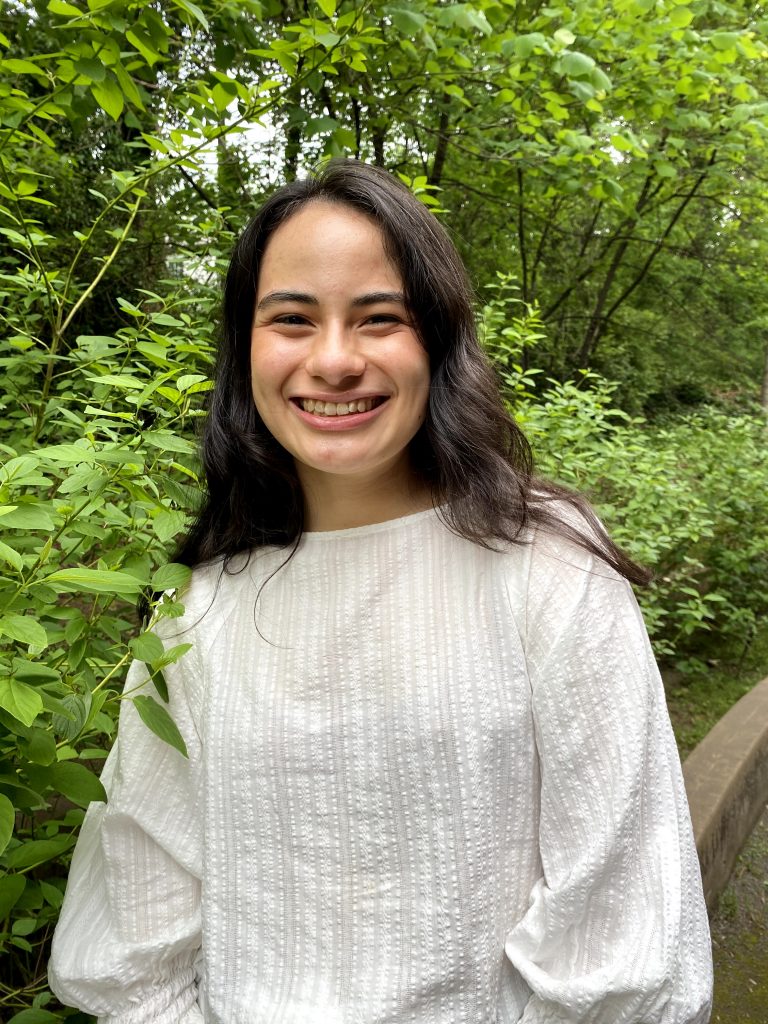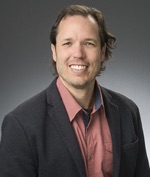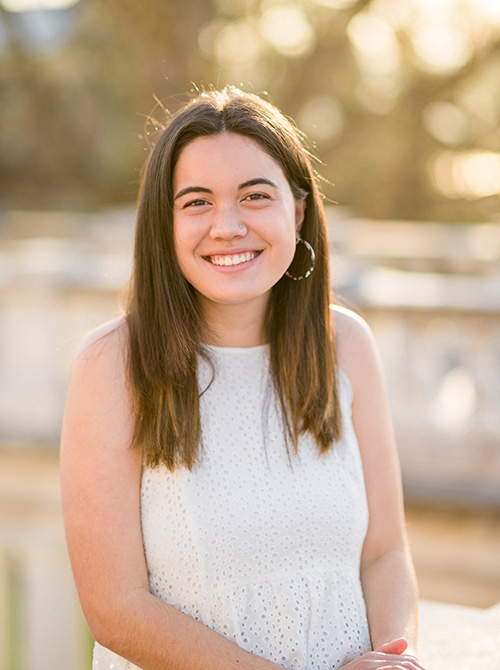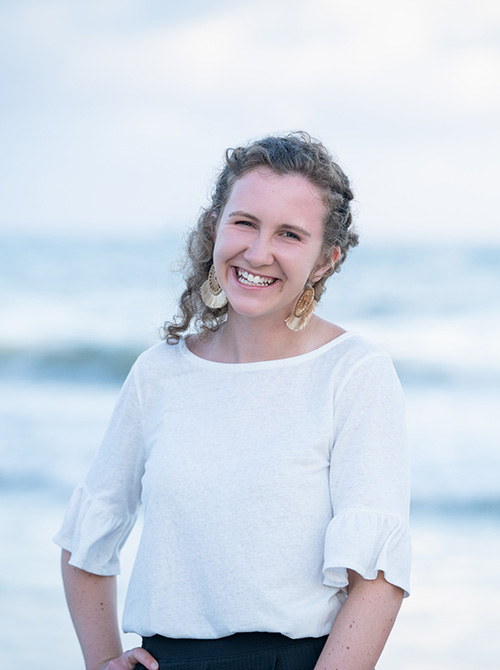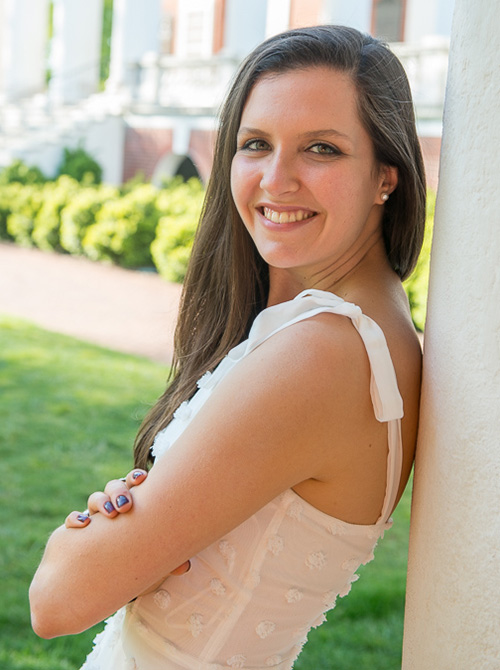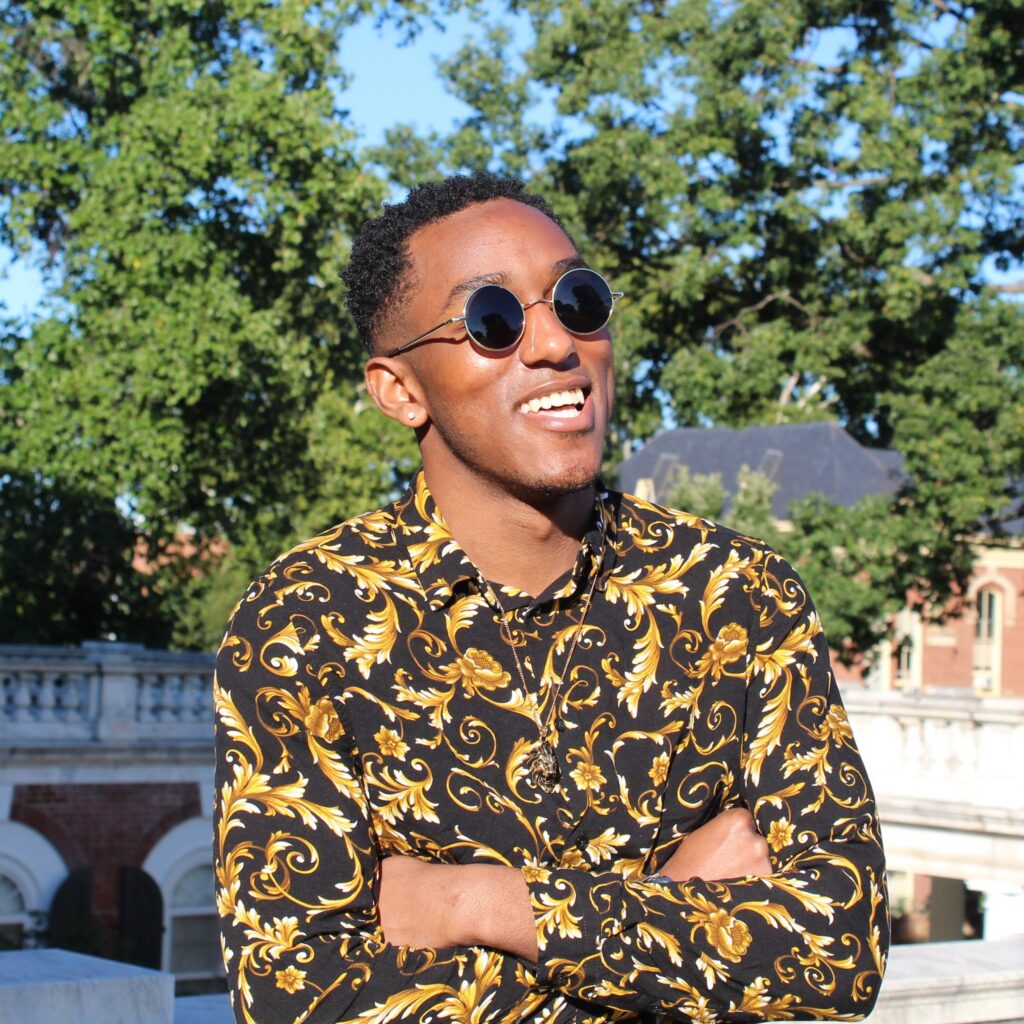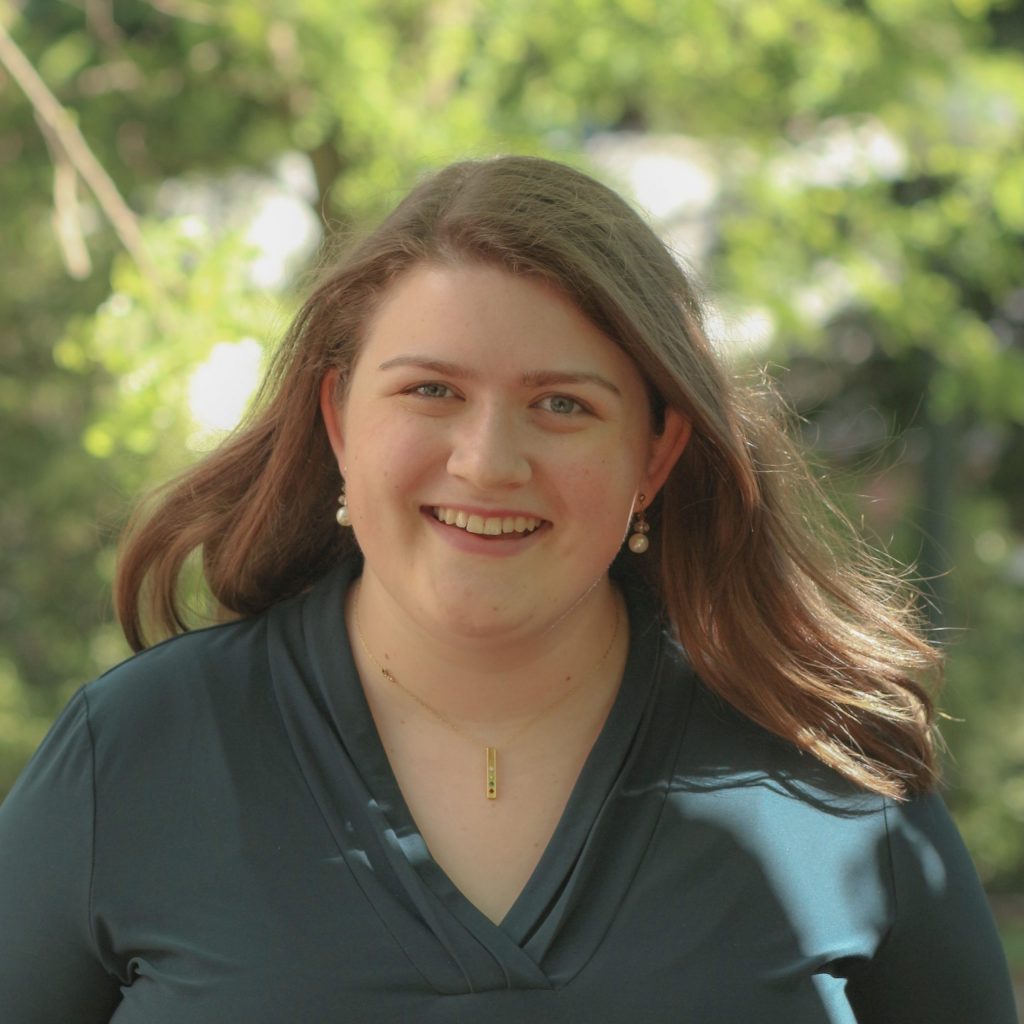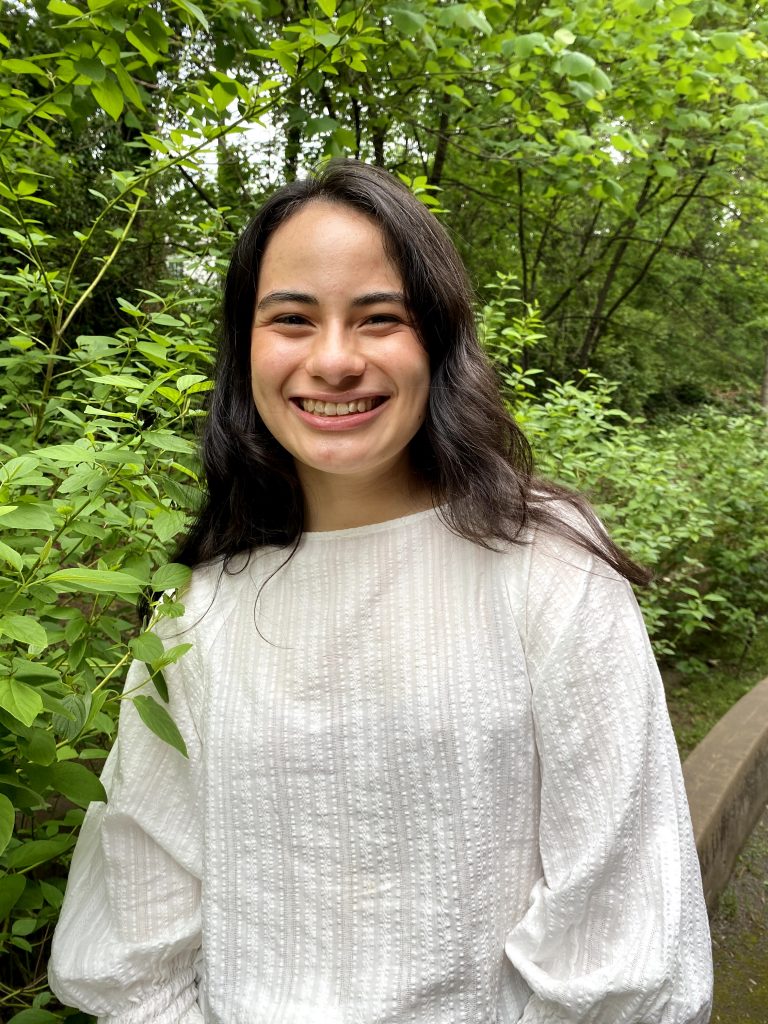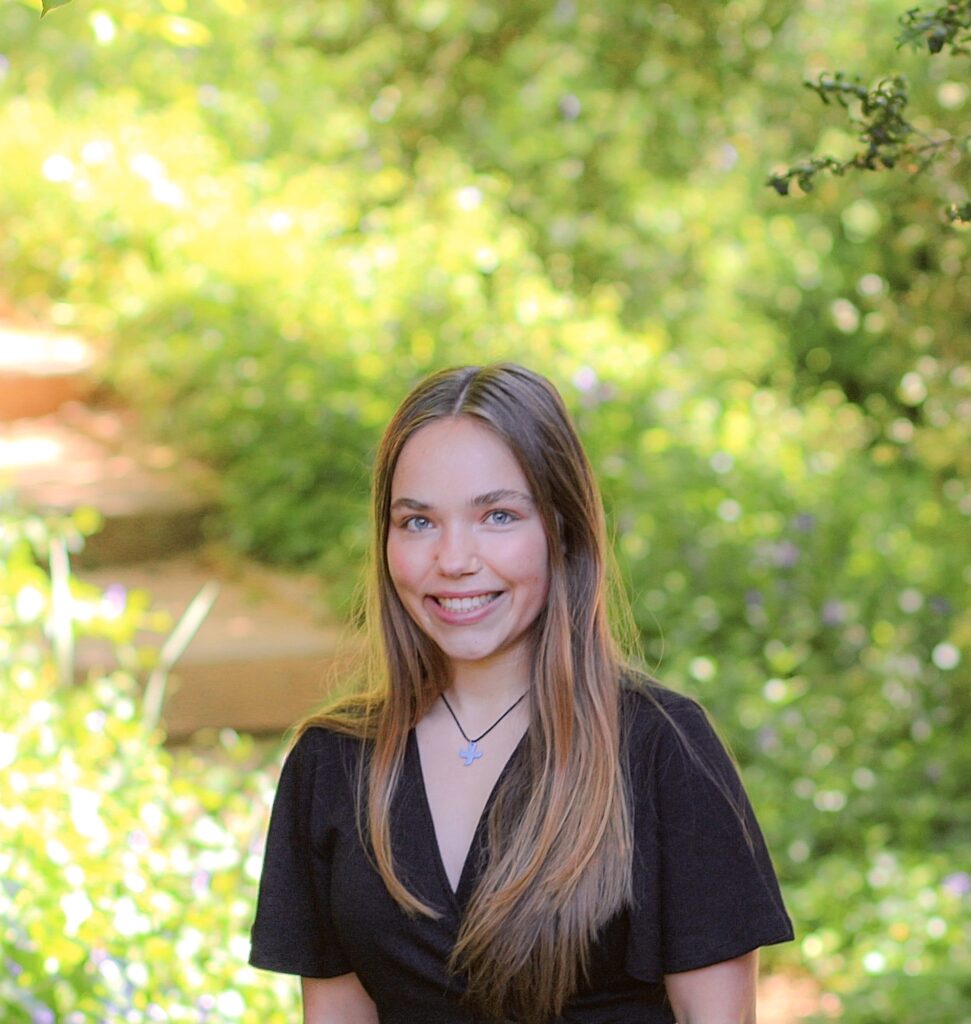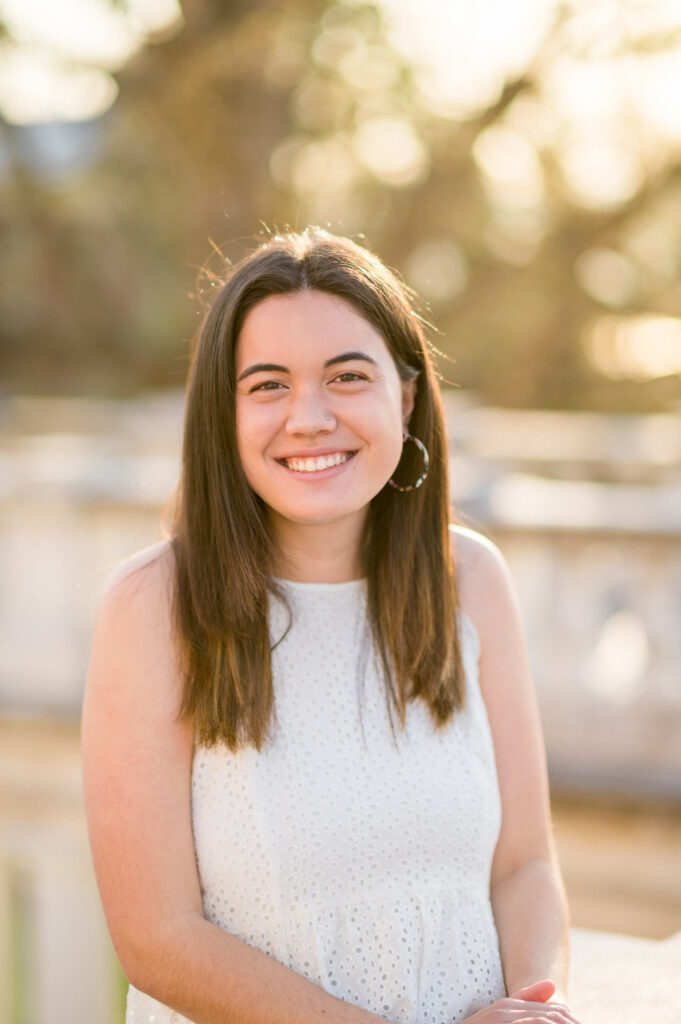by Karen Cortez, 2021 Undergraduate Summer Research Fellow in Lived Theology
For many others and me, this past year was hard. Isolation, loneliness, and anxiety were feelings that often greeted me in my apartment for a plethora of reasons: pandemic, injustice, and my own personal struggles. In all these emotions, I was left wondering where my faith could possibly fit in, and in that searching, I wasn’t left with many concrete answers.
I am so glad that I found the Project on Lived Theology at the time that I did. PLT provided me with the space I needed to really wrestle with the role of the church in responding to inequity and the real needs of its people. I looked forward to every Wednesday evening, when the fellows and I could discuss the week’s readings. I found letters from Latin American priests, bishops, and church leaders who took it upon themselves to use their privilege and position to take a stand against poverty, and to take on a preferential option for the poor. I have read graphic novels about John Lewis, a man who found his voice while preaching to chickens, eventually becoming a champion for voting rights. Above all, I have found others who also were wondering the same things, operating in awe of all the work that has already been done with all the faith and determination, but also with an inspiration to carry on forward.
One of my favorite quotes from the summer is “…we discern the will of God with a Bible in one hand and a newspaper in the other” (Quote adapted from Karl Barth’s works, taken from Faith Rooted-Organizing, by Alexia Salvatierra & Peter Hetzel). So many of the people whom the fellows and I studied over the course of the summer had the courage to look deeply into their faith tradition in order to see how they could use that part of their identity for transformative good. They had the courage to imagine what it would look like to love their neighbor well and sought to bring that vision to fruition. They are a part of a cloud of witnesses who have set the pace and shown us what it is like to stay faithful to the call of justice.
Above all, I am ending the summer encouraged. To have had a summer dedicated to exploring some of the questions I have carried in my heart for quite a while now has been very restorative and healing. Even though I am still leaving with more questions and curiosity (which is not a bad thing—it just leaves me with more books to read!), I know now that there are answers out there, even if they may not appear to be as clear at first glance. To see groups like CLUE (Clergy and Laity United for Economic Justice) and the Poor People’s Campaign as they seek to become more compassionate reflections of a faith and of a savior excites me and brings me hope as I discern what my role in this work and reflection will look like in the future.
Read Karen’s first and second blog posts here and here.
Learn more about the 2021 Undergraduate Summer Research Fellowship in Lived Theology here.
The Project on Lived Theology at the University of Virginia is a research initiative, whose mission is to study the social consequences of theological ideas for the sake of a more just and compassionate world.

